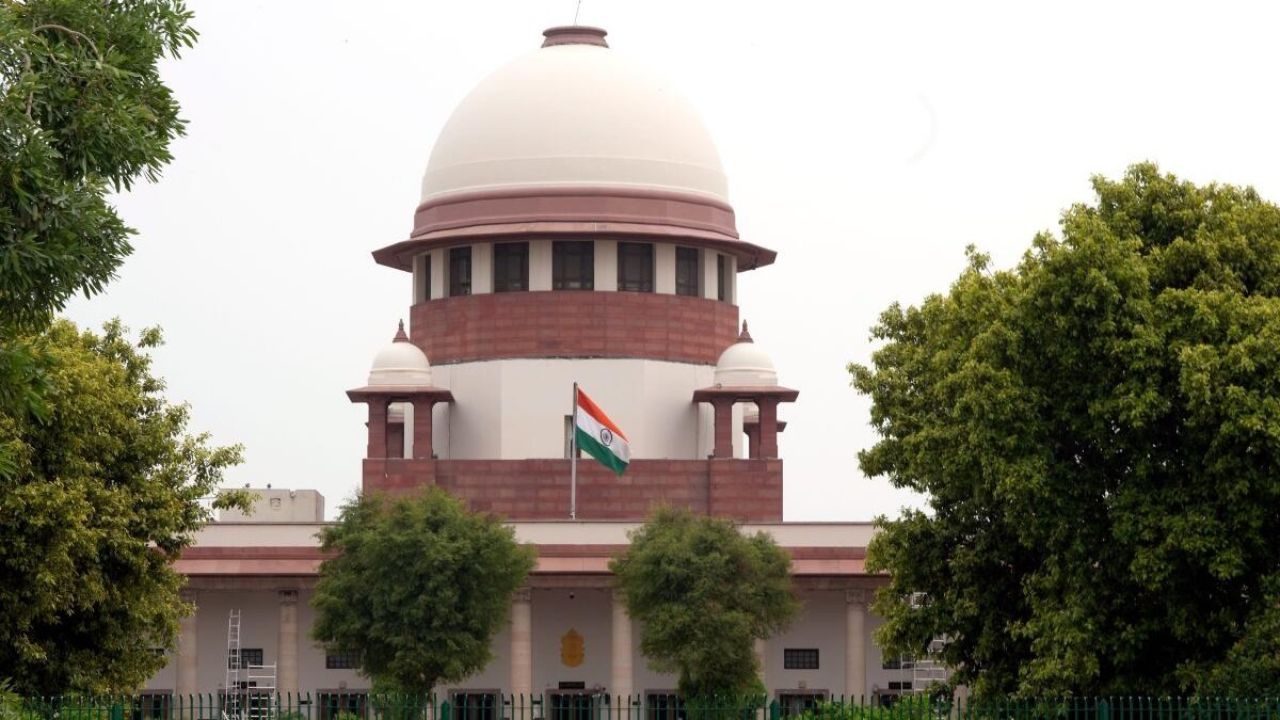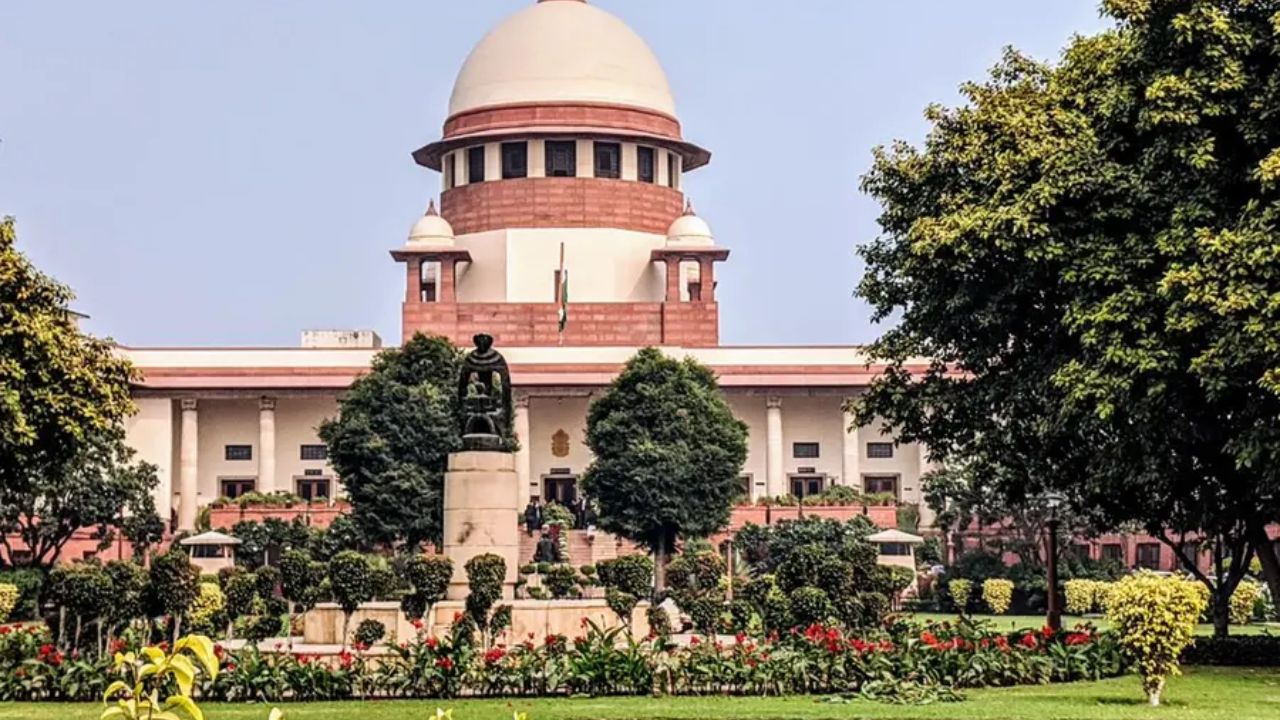 English
English

Supreme Court dismissed the petition challenging the demolition of Takia Masjid in Ujjain. The court upheld the High Court’s decision, stating demolition was legal under acquisition laws, with compensation provided to affected parties.

Supreme Court of India
New Delhi: The Supreme Court dismissed a petition filed by the Muslim side challenging the Madhya Pradesh High Court's decision. The petition sought to prevent the demolition of the Takia Masjid in Ujjain.
The plea was filed by 13 local residents who offered prayers at the mosque. They alleged that the Madhya Pradesh government demolished the 200-year-old mosque to expand the parking area of the Mahakal Temple.
The petition sought interim relief from the Supreme Court to prevent any construction at the mosque's site and to ensure a fair investigation into the matter.
Supreme Court orders removal of stray dogs from public places; Is India facing a stray dog epidemic?
According to a report by Bar and Bench, a bench of Justices Vikram Nath and Sandeep Mehta stated on Friday that the demolition was carried out under the provisions of the land acquisition and rehabilitation law, and compensation had been paid to those affected.
The Supreme Court also noted that the petitioners had previously withdrawn a petition from the High Court and then filed a fresh writ petition challenging the same issue.
Senior advocate M.R. Shamshad, appearing for the petitioners, argued that the High Court's decision was erroneous from a legal standpoint. He contended that demolishing a mosque is a serious matter and that the government was demolishing the mosque to fulfill the parking needs of another religious site.

Supreme Court Of India (Image Source: Internet)
However, the court observed that compensation had been paid, and if the compensation was given to unauthorized persons, there are legal remedies available under the law. The Supreme Court dismissed the petition despite all the arguments put forth by Shamshad.
The petitioners stated that the mosque was notified as a Waqf property in 1985 and had been used as a mosque for 200 years. They claimed that the demolition violated the Places of Worship Act, 1991, the Waqf Act, 1995, and the Land Acquisition, Rehabilitation and Resettlement Act, 2013.
The petitioners also alleged that the government committed irregularities in the land acquisition process and paid compensation to illegal occupants and encroachers.
Supreme Court lists Delhi‑NCR smog case for November 12: Will the air crisis finally trigger action?
The Supreme Court clarified that the High Court had dismissed the petition on valid grounds and that compensation had been awarded. With this ruling, the reconstruction of the mosque is not currently possible.
The case has become an important precedent in disputes involving religious properties and land acquisition in India.